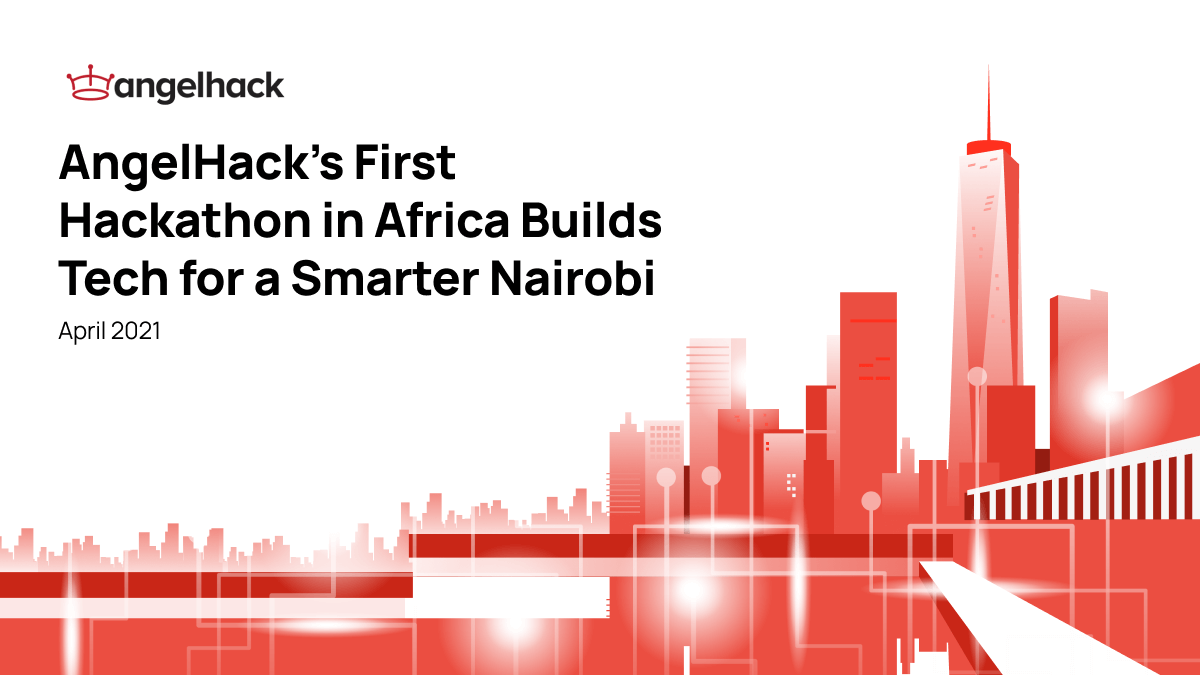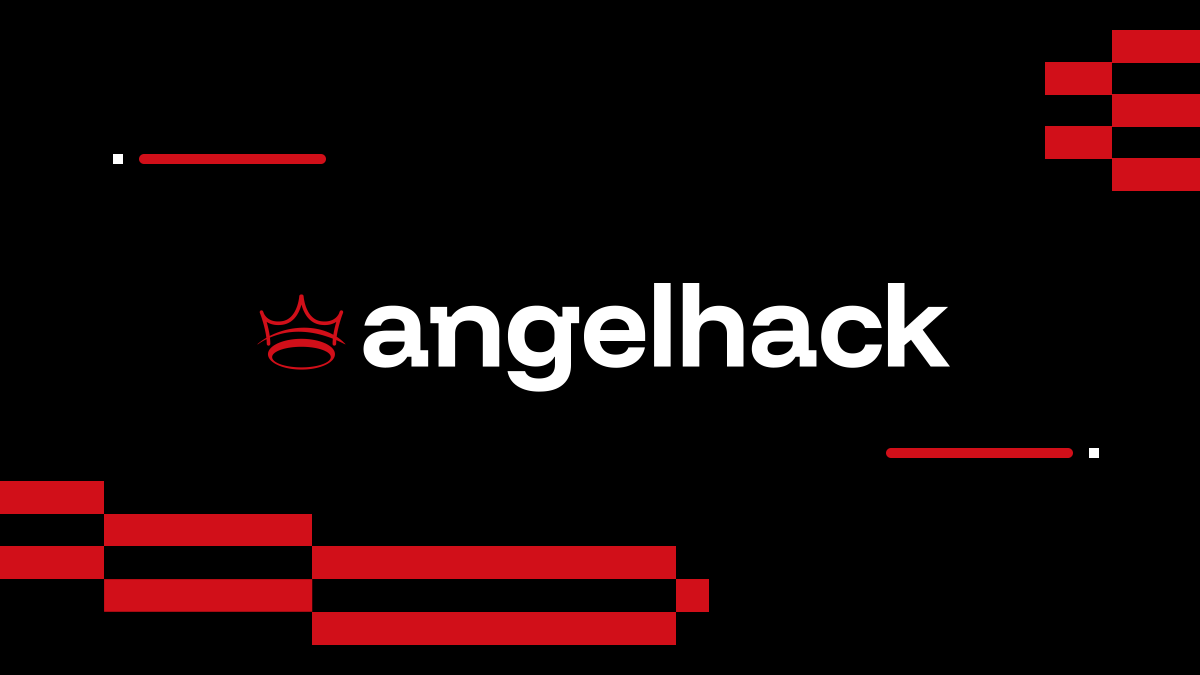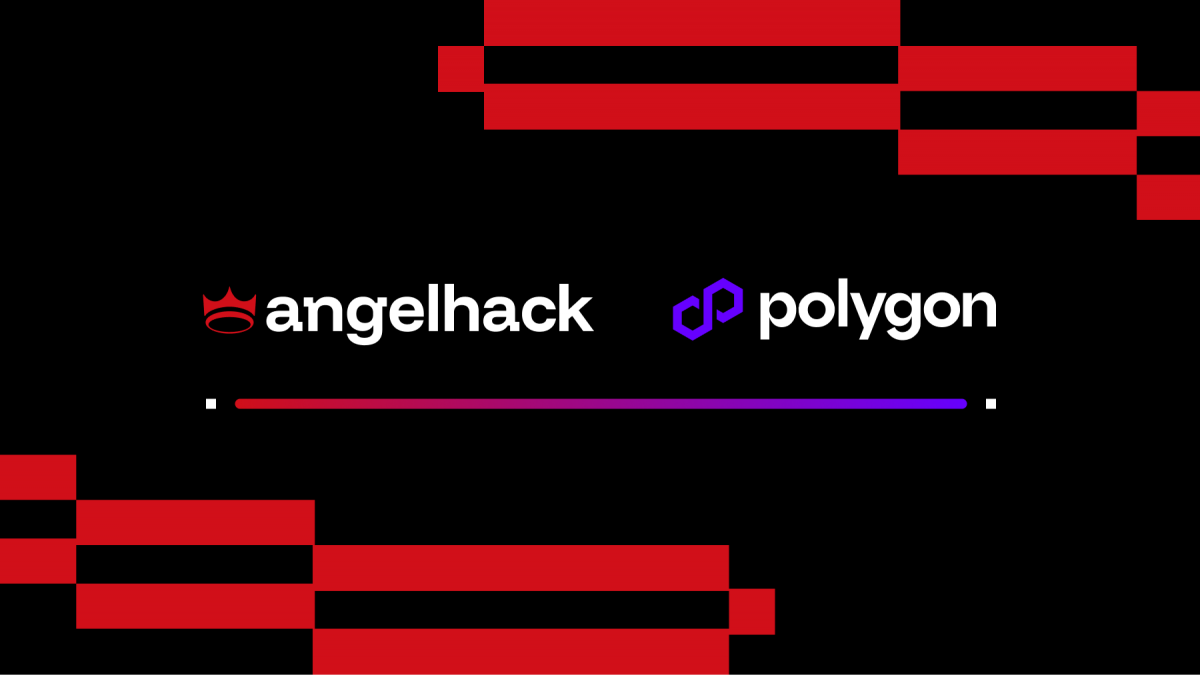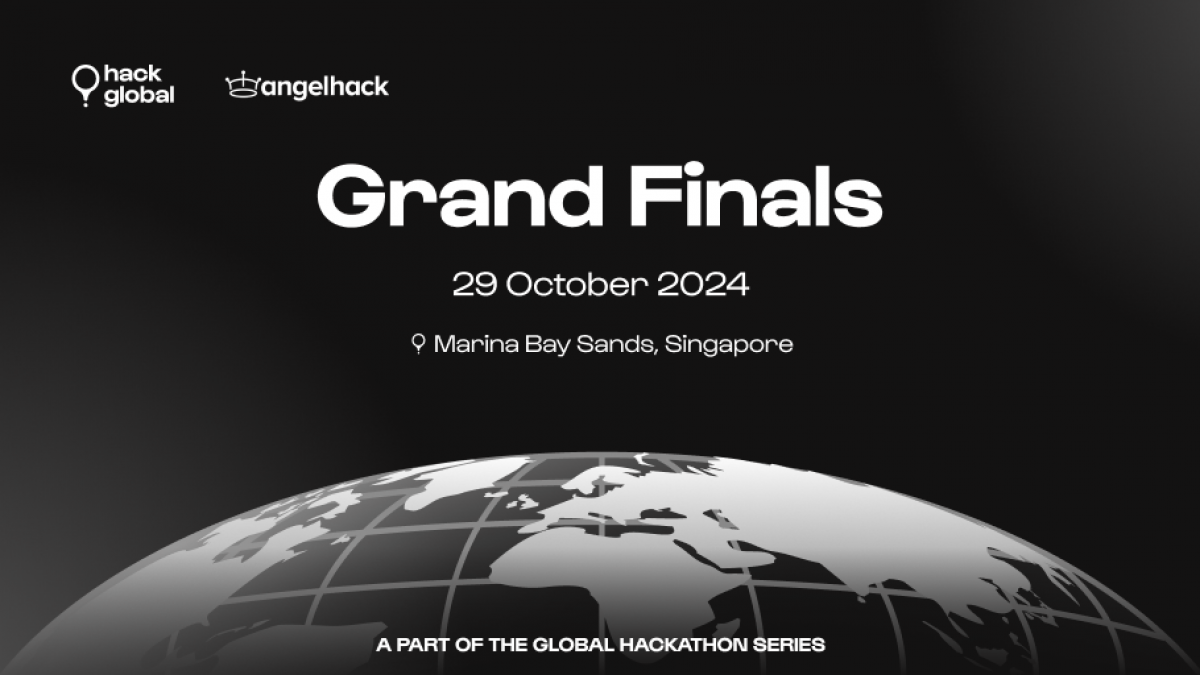AngelHack’s very first hackathon in Africa was all the things. It was 124 hackers (20% of them women) building 37 projects to solve real problems in their city. It was sunglasses, t-shirts, donuts, pizza and morning/afternoon tea times. It was part of Nairobi Tech Week, where hundreds of developers networked with professional developers and tech leaders and learned new skills with students from Moringa School and Strathmore University.
It was a reminder of why I signed up to do hackathons in the first place: there’s no better model for rapid innovation and most importantly, creating lasting impact through camaraderie, education and entrepreneurship.
In many ways, AngelHack Nairobi was just like any other hackathon anywhere in the world: coders get decked out in swag, chow down on snacks, become best friends with their laptops for 24 hours, break things, fix things, and even make some new friends in the process. In some very serious ways, however, this was also one of the most unique hackathons we’ve ever done.
During the hackathon, more than 14 people in Nairobi lost their lives because of flooding during heavy rain and violent storms – many of them preventable deaths due to corruption or inefficient government systems. Because of this, Twitter and iHub’s Smart City Nairobi challenge, which focused on solving problems in the city using technology, felt all the more important and timely. Despite multiple power and WiFi outages that might’ve stopped another hack in its tracks, the hackers in Nairobi created some awesome projects that addressed issues ranging from government corruption, to transportation, to litter, to finding fairly priced items at the local grocery store.
The energy during the demos was infectious – we were seeing solutions to problems that we were all witnessing in real time on the ground in Nairobi. In addition to AngelHack, Twitter & iHub’s amazing prizes – Microsoft East Africa and Nest.vc joined in to surprise our very first AngelHack winner in Africa, Report Taka, with software and mentorship.
According to Team Report Taka: “Every person in Kenya is entitled to a clean and healthy environment and has the duty to safeguard and enhance the environment.” They created a crowd-sourcing garbage collection application that allows citizens to take photographs of unattended garbage and post to the application. The application in turn informs the city council of the illegal dump sites, posts on Twitter and tags city council’s handle to ensure a clean city, un-clogged drainages and help manage the flood menace in the city.
Additionally, it was inspiring to see strong representation from women at the event and in the Nairobi tech scene in general. I had the privilege of moderating a panel with some pretty amazing women from the TechWomen program in Kenya and Moringa School. The icing on the cake? Our winning team was comprised of three female hackers. AngelHack just announced a global partnership with Girls in Tech to encourage more women to network, build skills and start new companies at our hackathons.
Other Smart City Nairobi winners included Fix Mtaa, a project to help people use Twitter for reporting common societal problems such as floods, blackouts, potholes and broken street lights to the appropriate authority. Also Naimotion, which collects, analyzes and displays traffic data collected from user nodes and related tagged tweets. And last but not least, our Code 4 Impact winner Donation Buddy created a serverless crowdsourcing bot running on AWS Lambda that crowdsources Twitter for Blood Donation Centres and interacts with individuals via the Telegram bot interface.
A special thanks as well to our judges, Bear Douglas, Ali Par and Juliana Chahoud of Twitter, Erik Hersman of iHub, and Savannah Kunovsky, a teacher at Morgina School and software engineer at Reactor Core.
And finally, Nairobi – you are awesome and we can’t wait to come back!



